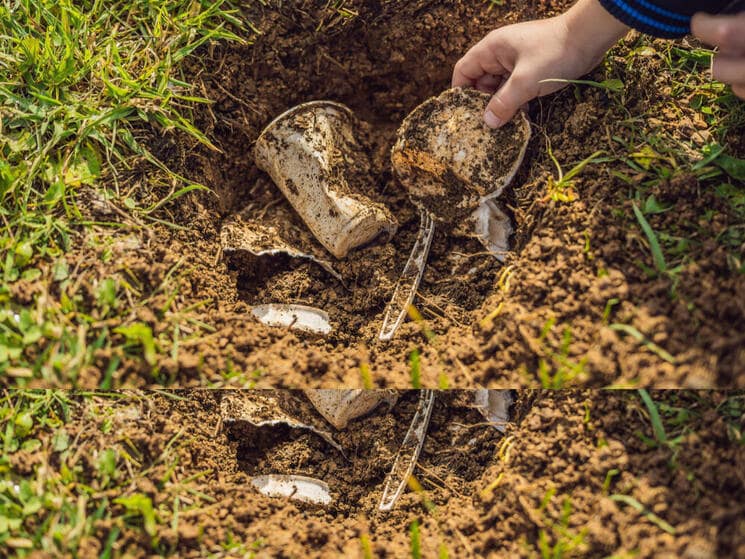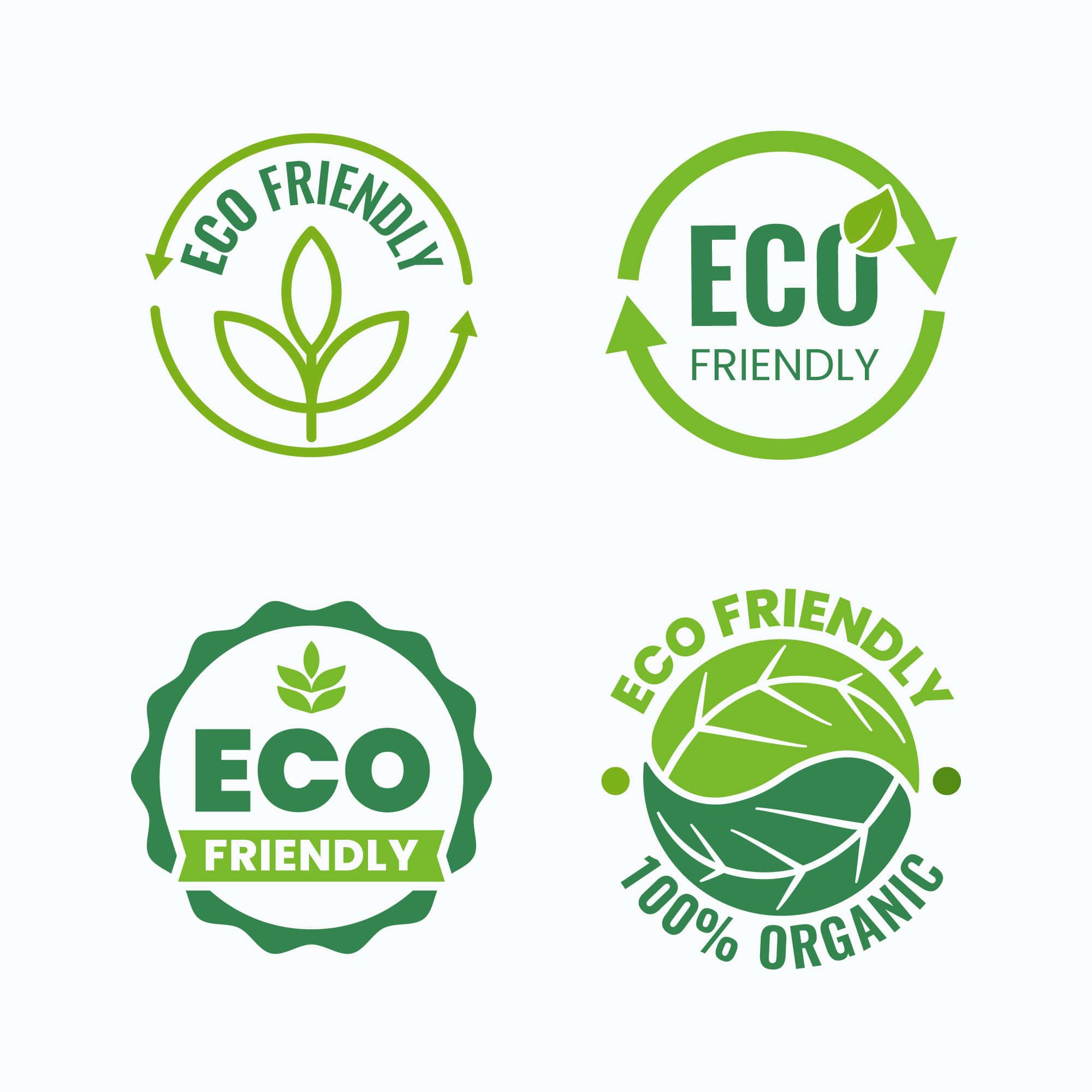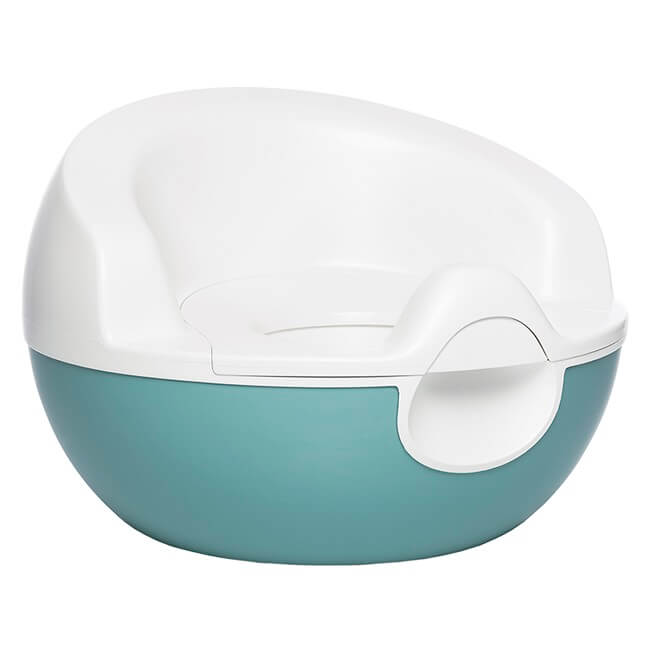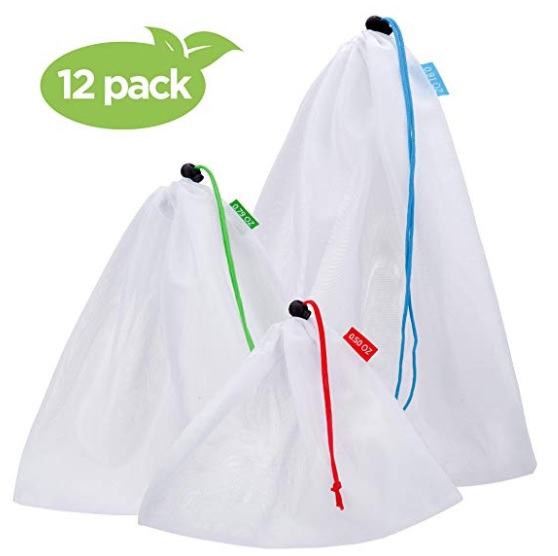Biodegradable and compostable plastic is becoming a more frequent option on store shelves as the demand for “green” products grows. Given the fact that a dump truck’s worth of plastic waste enters our oceans each minute, it’s not surprising that people are looking to use their purchasing power in ways that will presumably leave a smaller footprint.
With the growing concern about plastic pollution, biodegradable and compostable plastics have emerged as potential solutions. But are these alternatives truly good for the environment? This comprehensive guide explores the benefits, drawbacks, and key features of biodegradable and compostable plastics, helping you make informed decisions about their use. We’ll delve into the science behind biodegradation, discuss composting feasibility, and answer frequently asked questions to clear up any confusion. Finally, we’ll offer practical tips for using these materials responsibly and minimizing their environmental impact.
Benefits of Biodegradable and Compostable Plastics:
- Reduced Plastic Pollution: Unlike traditional plastics that persist for centuries, biodegradable plastics break down into harmless organic matter, preventing their accumulation in landfills, oceans, and ecosystems.
- Compostable Options: Certified compostable plastics biodegrade completely in controlled composting facilities, enriching soil with nutrients and contributing to a circular economy.
- Renewable Resources: Many biodegradable and compostable plastics are derived from renewable resources like plant starches or cellulose, reducing reliance on fossil fuels and their associated environmental footprint.
- Potential for Specific Applications: These plastics can be beneficial for single-use items like cutlery, food packaging, and agricultural mulch, where conventional plastic alternatives raise concerns about littering and microplastic pollution.
Key Features of Biodegradable and Compostable Plastics:
- Biodegradability: The rate and complexity of biodegradation vary depending on the material and environmental conditions. Some may require industrial composting, while others break down in home compost bins.
- Compostability: Certified compostable plastics meet specific standards, ensuring they decompose completely and safely in controlled composting facilities. Not all biodegradable plastics are compostable.
- Labeling: Look for certifications like BPI compostable or OK Compost Home for verification and compatibility with your local composting infrastructure.
- Production: The environmental impact of production varies depending on the material and process. Choose options with responsible sourcing and manufacturing practices.
Considerations and Potential Drawbacks:
- Composting infrastructure: Access to industrial composting facilities is limited in some regions, and home composting may not be suitable for all types of biodegradable plastics.
- Miscomposting: Improper disposal can lead to incomplete biodegradation and potential contamination of compost or landfills. Proper labeling and consumer education are crucial.
- Potential trade-offs: While better than traditional plastics, some biodegradable options may still have environmental impacts during production or require specific composting conditions.
- Not a silver bullet: Biodegradable and compostable plastics are not a complete solution to plastic pollution. Reducing overall plastic consumption and prioritizing reuse and recycling remain essential efforts.
Frequently Asked Questions (FAQs):
- Are all biodegradable plastics compostable? No, not all biodegradable plastics are certified compostable. Look for specific certifications to ensure they fully break down in compost.
- Can I compost biodegradable plastics at home? It depends on the specific type and your local composting infrastructure. Only use certified “home compostable” plastics in your home bin.
- Are biodegradable and compostable plastics as durable as traditional plastics? The durability can vary depending on the material. They may not be suitable for all applications requiring high strength or heat resistance.
- What are the alternatives to biodegradable and compostable plastics? Reusable items made from sustainable materials like metal, glass, or bamboo are often preferable when possible.
Conclusion
Biodegradable and compostable plastics offer potential benefits for reducing plastic pollution, but they are not a perfect solution. Responsible use, proper disposal, and a focus on minimizing overall plastic consumption are crucial for maximizing their environmental impact. By understanding the complexities and limitations of these materials, we can make informed choices and contribute to a more sustainable future. Remember, reducing, reusing, and recycling remain the cornerstones of responsible plastic use, and biodegradable and compostable plastics should be considered as part of a holistic approach to addressing plastic pollution.
FAQs:
Biodegradable plastic can break down into natural substances over time, but it doesn’t always work effectively in practice. Compostable plastic, on the other hand, is specifically designed and tested to break down in home or industrial composting facilities.
Not necessarily. While they offer benefits, including reduced plastic pollution and use of renewable resources, proper management is crucial. All plastics, including biodegradable and compostable types, must be collected and processed correctly to prevent environmental damage.
– Compostable take-out containers are a great example. They can compost alongside food residue, enriching the soil.
– These plastics can be beneficial for single-use items like cutlery, food packaging, and agricultural mulch.
Higher cost compared to traditional plastics.
Limited recycling options.
Misuse of terms and lack of legislation.
Yes, if not managed properly. Compostable plastics must be recovered in either home or commercial composting facilities.
– They break down completely in controlled composting facilities.
– Enrich soil with nutrients.
– Contribute to a circular economy.
Single-use items like cutlery, food containers, and agricultural mulch.
Often derived from renewable sources like seaweed, sugar beets, or other plants.
Not effectively. Landfills lack the necessary conditions for proper biodegradation.
It varies but typically faster than traditional plastics. Proper composting conditions are essential.
Yes, if they are certified for home composting.
They may not break down as intended and can still cause environmental harm.
Yes, look for certifications like the OK Compost label.
They contribute by reducing reliance on fossil fuels and promoting sustainable practices.
– Dispose of them correctly (composting or recycling).
– Understand labeling and choose certified products.




